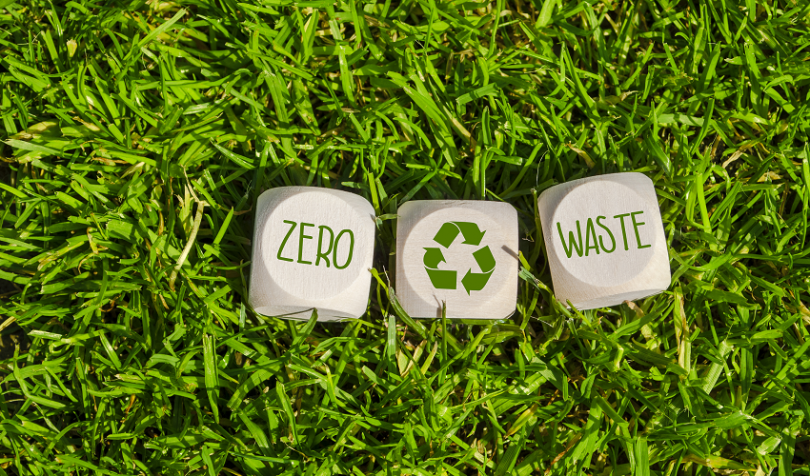Today, cleantech incubator Greentown Labs announced that it has chosen five startups to fund for its Circularity Challenge, run with global chemicals firm BASF. Dutch blockchain startup Circularise was selected for its ‘smart questioning’ protocol which enables circular economy applications.
The circular economy model is gaining traction as an alternative to growth models reliant on scarce natural resources, such as minerals and fossil fuels. Instead, growth comes from renewables and providing reusable and upgradable products. The Circularity Challenge focuses on the value chains of plastics, energy storage, and recycling.
Greentown Labs and BASF have chosen five challenge finalists, which will be funded and supported. They include materials science firm Corumat, renewables-focused Nexus Fuels, plastics researcher Interface Polymers, and the American Battery Metals Corporation looking at sustainable mining.
But Circularise stands out for its intriguing blockchain-based transparency solution for the circular economy. It uses zero-knowledge proofs (ZKPs) to access requested product information without sharing its source or any other data. This ‘smart questioning’ initiative allows proof of sustainability and recycling practices from trusted sources.
For example, a Circularise-based network could combine users, suppliers, producers, miners, and other parties related to a particular product. Say a stakeholder asks whether that product contains mercury. The protocol uses ZKPs to find the answer from data provided by the individual parties. This means that the data is never viewed or shared, and, by using multiple parties, the risk of fraud is reduced.
“We know the circular economy will make an enormous impact not only on the environment but also on value chains, economic growth and the deployment of new innovations,” said Emily Reichert, CEO of Greentown Labs.
She continued: “We were inspired to see great applications from almost 100 entrepreneurs from around the world and we are excited to support these five selected companies as they progress throughout the program and work alongside experts from BASF.”
The five participants will be awarded $25,000 and a place in Greentown’s accelerator, along with access to BASF’s technical resources, testing facilities, and networks. Plus, they get to connect with partners including BASF client Stanley Black & Decker.
Today, we reported on another sustainability initiative backed by the World Economic Forum (WEF). The consortium aims to improve sustainable mining practices and includes Tata Steel, Glencore, and blockchain project Tracr.
A similar use of blockchain for the circular economy was trialed earlier this year by Marine Transport International. The firm built a traceability solution for waste with the UK Recycling Association.






